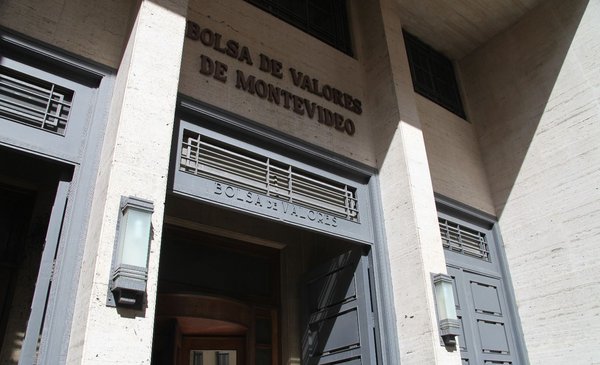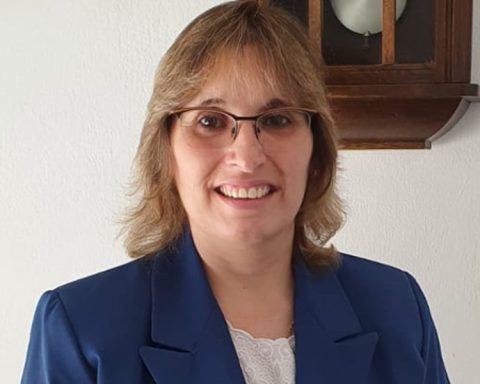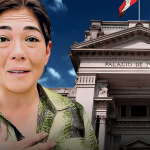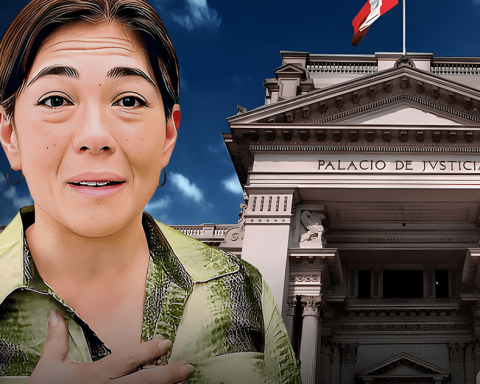In a context in which stockbrokers find themselves in the eye of the storm, and with two companies intervened by the Central Bank of Uruguay (BCU) for “serious breaches”experts aim to understand how to protect client funds from being handled by the broker.
The BCU concluded that Custody of Movable Securities (CVM) incurred “serious breaches” and “contraventions of legal and regulatory standards” in the very high-risk operation that led to hundreds of clients lost close to 90% of their assets.
Through a resolution signed on July 4, the BCU ordered the intervention of the company –and its sister United Brokers SA– as a result of the irregular management of its portfolio, which led several clients to reported for fraud and misappropriationas reported The Observer this Tuesday.
According to the information provided by CVM to the BCU, the affected accounts went from a total balance of US$ 110 million at the end of June 2021 to US$ 18 million at the end of May 2022which implies a $92 million loss which –as the runner herself warned– could be higher.
In this frame, the lawyer specializing in securities market regulation from the Bragard studio, Daniela Sztryksaid that people enter the financial world looking for “stretch your capital or protect your savings” through the hiring of brokers.
Since each client has different needs and goals for fund performance, Sztryk considers “highly relevant“that each one of them”have your own ‘investment profile’ so that the broker can offer services or products appropriate to your case”.
In this sense, the expert maintained that stockbrokers, as subjects regulated by the BCU, are “obliged by central bank regulations to determine the categories in which they will classify each of their clientsdepending on the degree of risk, sophistication and knowledge of each of them, with the purpose of identifying the different products and operations in accordance with said categories”.
For such purposes, brokers must consider certain personal circumstances of the client such as the age of the investor, the time horizon of the investment, the volume of income received and the risk tolerance. In addition, they must take into account financial knowledge that facilitates the client’s understanding of the instruments in which he will invest, the desired return and previous investment experience.
“It is precisely on the basis of the preceding elements that each one will be assigned a specific investment profile.”, explained the specialist. And she added: “In order to protect it, the regulations establish that, who is classified as low knowledge of market and low risk tolerance, will not be able to invest in derivatives or other sophisticated and high-risk instruments”.
Sztryk remarked that the regulations indicate that Once the profile is assigned, it must be notified, obtaining their agreement and keeping the corresponding record. “That is to say, necessarily the client must know the assigned profile and accept iteither by signing a document, accepting it by email, calling, etc., prior to the stockbroker beginning to provide its services and therefore to operate with its funds”, he pointed out.
The expert recalls that the Securities Market Law entrusts the BCU in its provisions “to ensure adequate information to investors and the reduction of systemic risk,” said the specialist in securities market regulation.
For his part, he indicated that the Organic Charter of the BCU attributes, with respect to regulated entities, to the Superintendency of Financial Services, “the power to dictate general rules of prudenceas well as particular instructionstending to promote stability, solvency, transparency and orderly and competitive operation of the supervised entities and the markets in which they operate, as well as for the protection of consumers of financial services”.
Against this background, Sztryk stated that, in the event that a stockbroker departs from the investment profile assigned to the client and consented by this“will be acting negligentlyincurring responsibility and being able to the BCU, within the framework of its faculties, Apply according to the case and evaluating the seriousness of the normative infraction, pecuniary sanctions or other measures, such as intervention, suspension of activities or revocation of authorization or authorization to operate”.


















